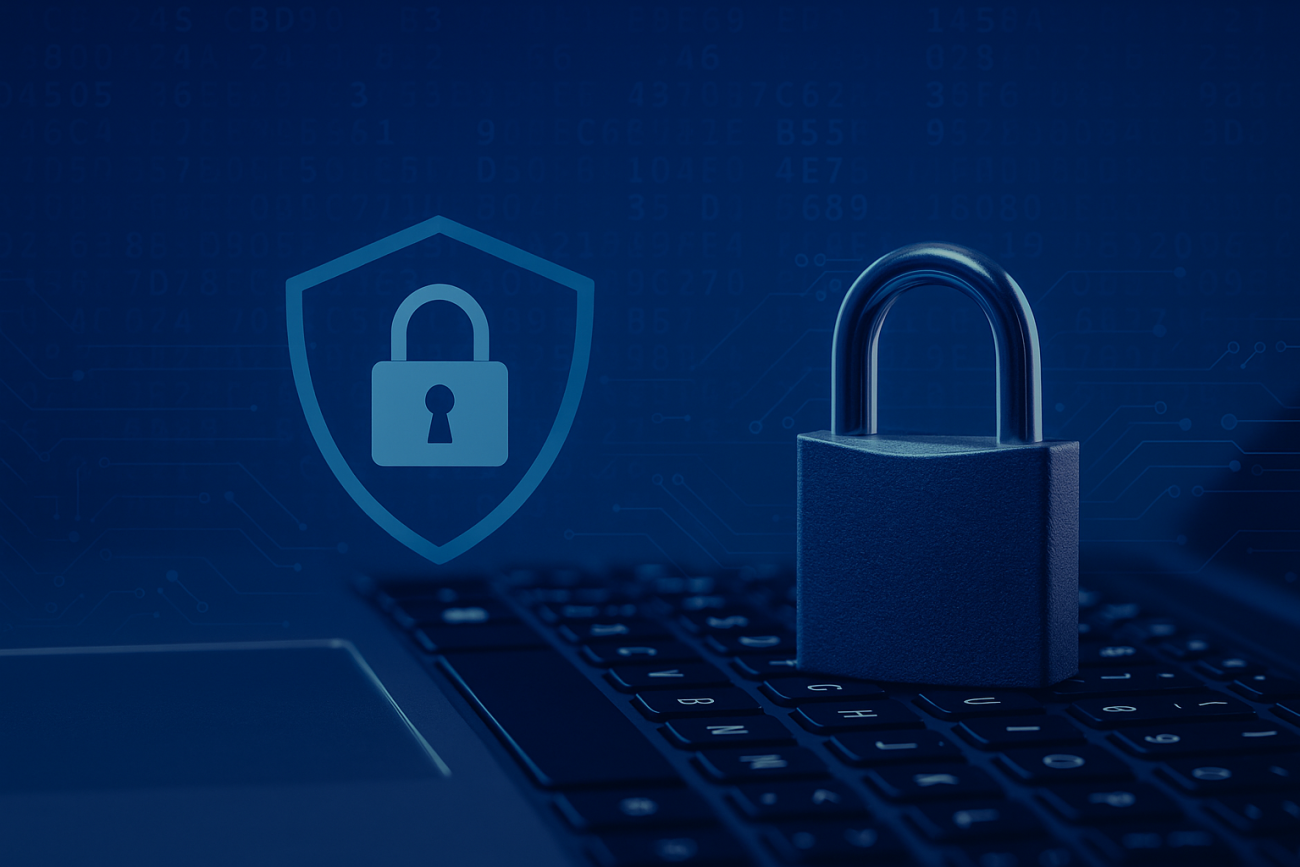In an age where nearly every transaction, communication, and collaboration takes place online, cybersecurity has become not just a technical necessity but a foundational pillar of our digital lives. Whether it’s a startup deploying their first website or a government agency managing citizen data, the risks from cyberattacks are real—and growing.
Why Cybersecurity Matters More Than Ever
Cybercrime is not a faraway concern. Every few seconds, a new phishing attempt is launched. Public websites, often with insufficient security, are prime targets for attackers looking to steal sensitive information, deface content, or gain control of backend systems. This is especially alarming for sectors like education, healthcare, fintech, and e-commerce—where both financial and personal data are frequently stored.
The cost of a breach goes beyond money. A single attack can destroy trust, halt operations, and tarnish the reputation of even the most respected organizations. As businesses embrace the cloud, remote work, and interconnected platforms, the number of attack surfaces increases, making security knowledge no longer optional, but essential.
Why You Should Learn Cybersecurity
Cybersecurity is not just for IT professionals—it’s a life skill. Learning how systems are attacked, how data is protected, and how networks are secured empowers you to contribute meaningfully in any modern job role. For tech professionals, it’s a career-enhancing skill that opens doors to roles like Security Analyst, Compliance Officer, Cloud Security Engineer, and more.
Here are some practical reasons to learn cybersecurity today:
- Defend Your Own Work: Whether you’re a developer, designer, or digital marketer, understanding security protects your assets and customer data.
- Stay Relevant: Employers prioritize professionals who understand threats and best practices.
- Boost Innovation: Building new products without understanding risks is reckless. Security-aware innovators move faster and smarter.
- Career Growth: Cybersecurity is one of the fastest-growing fields, with a global talent shortage and attractive compensation.
The Role of Big Tech: AWS, Google Cloud, and More
The good news is that industry leaders are investing heavily in security tools and services to help organizations build safe digital systems. Here are some examples:
- AWS (Amazon Web Services) provides services like GuardDuty (threat detection), WAF (web application firewall), IAM (identity access management), and CloudTrail (logging) to secure infrastructure and applications.
- Google Cloud offers tools like Security Command Center, BeyondCorp for zero-trust security, and data encryption services that run at massive scale.
- Cloudflare and CloudFront (Amazon’s CDN) protect public-facing websites against DDoS attacks, traffic spikes, and bot threats—often acting as the first line of defense.
- Microsoft Azure includes Sentinel (SIEM), Defender, and advanced access control capabilities, securing everything from cloud workloads to IoT devices.
These platforms not only protect systems—they give learners free-tier access, documentation, and certifications that make it easier to start a career in cybersecurity.
The Time to Learn is Now
We live in a time where security is no longer something that happens in the background. It needs to be baked into every system, app, and idea from day one. Whether you’re a student, a professional, or someone pivoting careers, gaining cybersecurity knowledge is one of the most future-proof steps you can take.
Start small—understand how encryption works, how firewalls are configured, how to read logs, and how phishing emails trick users. Then move to cloud security, compliance frameworks like GDPR and SOC2, and real-world security architectures.
In this new digital era, learning cybersecurity isn’t just a good idea—it’s an urgent one.

